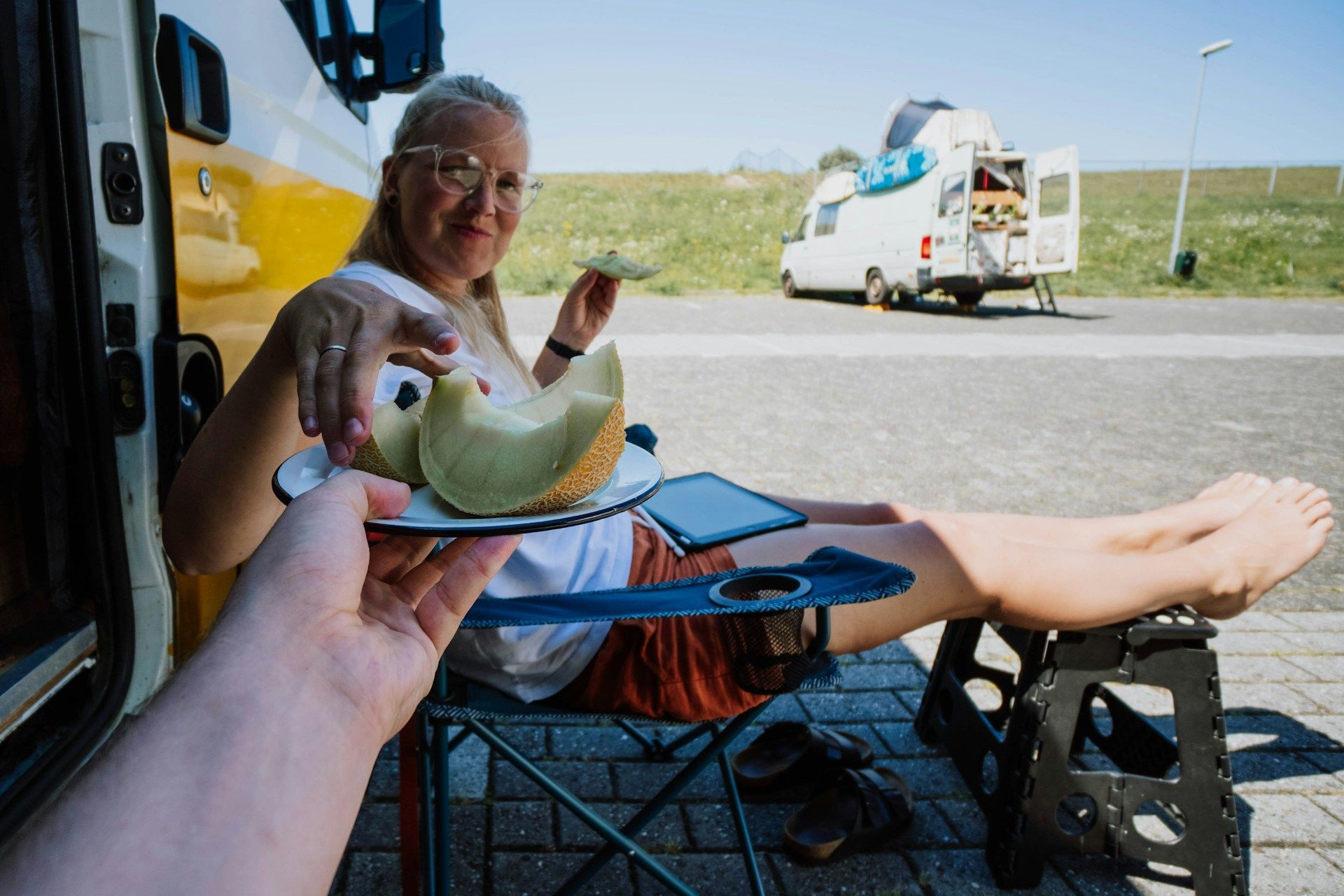Recreational Vehicle Insurance
Whether you’re cruising the lake, hitting the open road, or hauling your weekend gear, recreational vehicles deserve real protection. RPM Agency helps Colorado adventurers insure boats, RVs, trailers, and more—with coverage that’s easy to understand and ready for the unexpected.
What’s Covered by RV and Boat Insurance

Physical Damage Coverage
Covers repairs or replacement if your RV, boat, or trailer is damaged in an accident, during a storm, or from theft or vandalism. This includes collision and comprehensive protection.
Liability Coverage
Pays for injuries or property damage you cause to others while operating your vehicle or watercraft. This is essential for both road and water use.
Uninsured/Underinsured Motorist Coverage
Protects you if you’re hit by someone who doesn’t have enough insurance, especially important when towing trailers or driving in remote areas.
Personal Effects Coverage
Reimburses you for valuables inside your RV or on your boat—like gear, electronics, or camping equipment—if they’re stolen or damaged.
Vacation Liability
Covers you for injuries or damages that happen while your RV is parked and being used as a temporary residence, like at a campsite or lakefront lot.
Why Extra Coverage Makes Sense
Unpredictable Weather
Hailstorms, heavy snow, and flash flooding are common risks in Colorado that can seriously damage exposed recreational vehicles.
Seasonal Use Risks
Even when not in use, RVs, trailers, and boats can be damaged or stolen—insurance helps protect year-round, not just during summer trips.
High Value, High Exposure
Recreational vehicles are often expensive, customized, or packed with gear. Standard auto or homeowners insurance usually won’t fully cover them.
Recreational Vehicle Insurance FAQs
Does my auto or homeowners policy cover my RV or boat?
Not fully. Your auto policy may provide limited coverage while towing a trailer, but it won’t cover damage to the trailer or what’s inside it. Similarly, your homeowners policy might cover a boat while it’s stored—but not while it’s on the water. Standalone recreational vehicle policies provide broader and more specific protection for how you actually use these vehicles.
Is RV insurance required in Colorado?
Yes, if your RV is motorized and driven on public roads, liability insurance is required by Colorado law. However, trailers and non-motorized campers may not be legally required to carry separate insurance—but should still be protected against theft, weather, and damage. RPM helps you navigate these details and customize coverage to fit your vehicle type.
What types of RVs and trailers can be insured?
We offer policies for motorhomes (Class A, B, and C), travel trailers, fifth wheels, pop-up campers, utility trailers, and toy haulers. Each type has different coverage needs based on how it’s used and stored. Whether you use it for full-time travel or weekend camping, we’ll help you insure it correctly.
Can I insure my boat or jet ski year-round?
Yes—and it’s often recommended, even if you only use your watercraft seasonally. Year-round coverage protects your boat or jet ski while it’s in storage, being transported, or parked at a marina. It also ensures continuous protection against theft, vandalism, and weather damage.
What’s personal effects coverage, and do I need it?
Personal effects coverage helps protect your belongings—like fishing gear, tools, electronics, or outdoor equipment—that are inside or on your RV or boat. It’s a valuable addition for anyone who travels with high-value gear. Without it, those items may not be covered if lost or stolen.